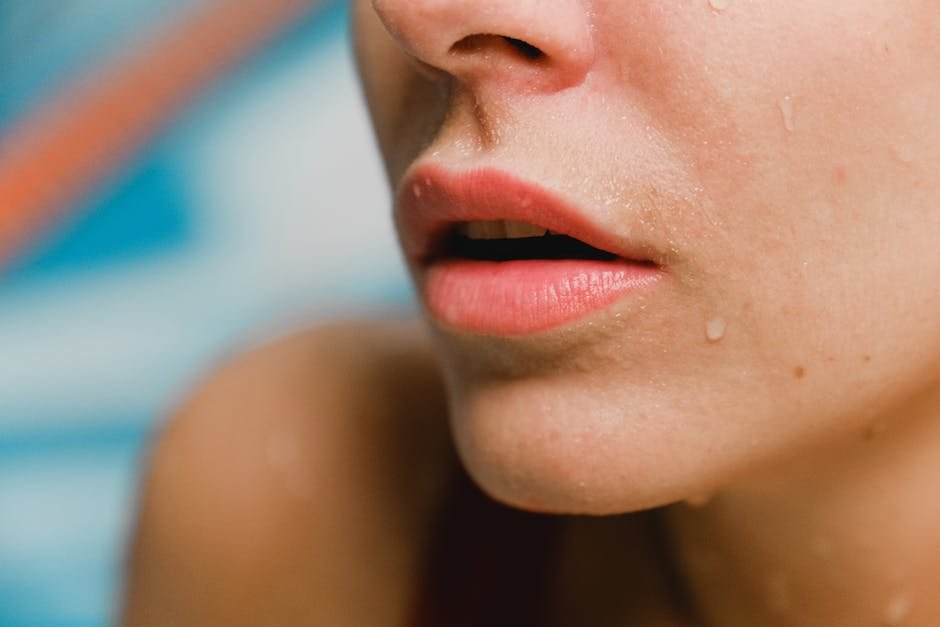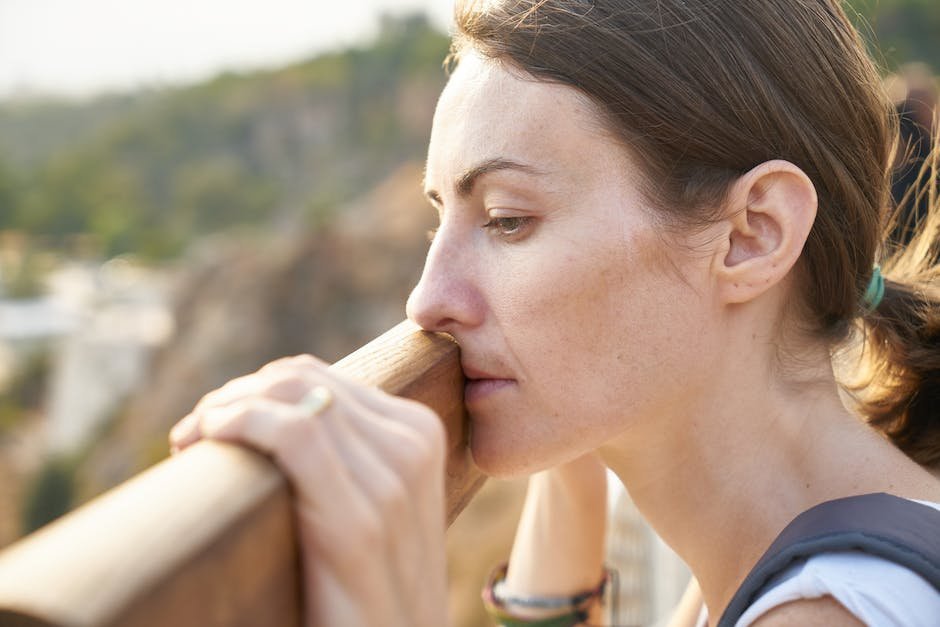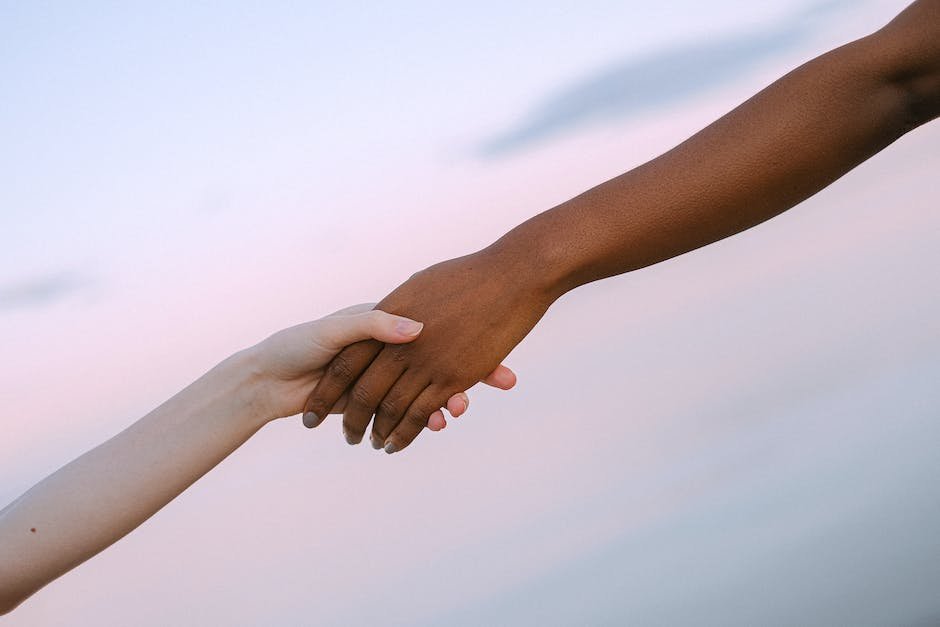As we know, beauty lies in all shapes and sizes. Different colors of skin, hairstyles, and makeup styles are what make us feel beautiful or not. For some people, they find one type of product looks best on them and will keep using it until it is completely wasted.
This could be due to personal taste or because it works well for their hair/skin type. Unfortunately, there are others who try new products with no results. They spend money that they should not have spent and waste up lots of time trying something that does nothing but hurt their wallet and self-confidence.
Shea butter has been getting a bad reputation as of late. Many say that it is impossible to use correctly, and that it may even cause dryness and irritation. Some believe that it is too expensive unless you buy a large amount which only makes sense if you are spending a lot on your cosmetic products.
Does sheo’ butter lighten skin? Absolutely! It is just not possible to use enough to get this wrong. This article will talk about how much sheoa’ butter is, what effects it can have on your skin, and whether it is worth investing in.
I would like to add before reading my article, please do not underestimate the power of natural things! Dermatologist and plastic surgeon Dr.
Difference between natural and synthetic shea butter
Many people use shea butter for its skin-loving qualities, but not all versions are the same! There two main types of shea butter: natural or synthetically produced.
Natural shea butter is usually made from crude oil that has been processed to extract softening fats. These oils can be refined or unrefined depending on whether more chemicals were used in the process.
Because it is natural, some believe these oils are better for your skin than plastic manufactured ones. However, this isn’t always the case. Some studies show that although they may both moisturize your skin slightly, the chemically derived version helps dry skin recover faster.
This is because the molecules in the oil work like sponges to soak up water you have lost. As such, it is best to do a quick washcloth test before investing in any lotion that contains natural shea butter to see if it is worth the extra money.
Who uses shea butter?

Many people use natural sunless tanners made of shea butter to improve their skin tone and texture. It can be directly applied onto all areas of your skin-face, body, feet, scalp.
Many people believe that because it is naturally occurring oil, it helps retain moisture in your dry skin. This includes protecting you from hot showers or baths! (Note: Never apply direct sunlight cream after bathing as this could make your skin become photodamaged)
Some people also report improved sleep due to its soothing properties. The softening effects work like those expensive night creams that are sold at spas, but cost much more!
It may even boost your self confidence by improving your overall appearance and lightening dark spots. Unfortunately, not everyone enjoys tanning so if that’s something you feel would benefit you then shea butter isn’t for you.
As with anything new, there do happen to be some cases of individuals who experience an allergic reaction to shea butter which can be serious.
Does shea butter lighten skin?

Many people have heard about how shea butter works as an excellent moisturizer, but few know what differences there are between regular-priced and sale-price shea products. Fortunately, we can talk about it for this article!
It is very important to understand that shea butter will not cause your skin to lighter. It will only act as a moisture layer to help your skin retain its natural oils. This may be from exposed layers of skin or naturally occurring oil under your surface skin.
Some individuals claim that lower priced shea butters are “less expensively processed” than their higher price counterparts. However, you get what you pay for when it comes to quality shea butter.
Higher cost sheas may seem more authentic because they are sold at a much higher price. There is no proof that these types of shea butters are any better than our budget favorites.
Does it dry out skin?

One of the biggest debates about using shea butter is whether it dries out your skin. Some people believe that it does, while others claim it doesn’t. If you are one of those people who think it dehydrates your skin, there is an easy way to test this theory.
Take a small amount of shea cream and apply it onto your hands. Let it sit for a few minutes and then see if it goes away. Most importantly, do not scrub or wash your hands until it has completely gone! This will take several hours depending on how much product you use so be careful not to wipe it off too soon.
If it does not go away within the time frame mentioned above, then most likely your skin will remain slightly moist due to the oil in the cream. This can be uncomfortable for some people especially when washing your hands frequently, but this will also help your skin retain more moisture.
However, if it does disappear then chances are your body’s natural oils have been depleted by the shea butter. This could lead to dry flaky skin and even eczema because your skin cannot regulate itself properly.
Are there any side effects?

Many people have heard about how sheaa butter can help lighten your skin, but few know if it is actually effective or safe!
There are two main reasons why some shea butters claim to be able to lighten your skin- either because they contain hydroquinone, which is an artificial colorant, or because of its high content of oxidants (like Vitamin A).
However, most experts agree that using products containing hydroquinone for lighter skin may pose health risks due to the chemical’s potential to damage healthy tissue. And while vitamin A has anti-aging benefits, too much of it can cause more harm than good. It can even be harmful in large amounts used for cosmetic purposes.
Furthermore, many people report bad reactions such as itching, rashes, and dry skin after experimenting with shea butter. If you experience one of these symptoms, stop using the product and see your doctor.
Overall, though, we do not recommend using shea butter for darker or heavier complexions unless you use a small amount and test it in a small area first. Because although it does not work like other popular lightening agents, it still could hurt you.
How can I use shea butter?
Many people praise shea butter for its skin soothing effects. It works well as both direct sunblock and moisturizer, making it a very popular all-in-one product.
Many brands market their products with claims to help lighten your skin or boost your natural glow. These claims are usually vague, but may include promises to reduce dark spots and improve overall texture and look of your skin.
Some say that if you are not sure whether shea butter will work for you, try one drop on a small area of your skin for one week and see how it affects you. If it improves your skin, then give it more of a chance and add more of it until you find an adequate amount.
General tips when using shea butter: do not apply directly onto your skin, instead mix a sufficient amount in either a cream base or oil base formula first. This way it will spread better and be easier to apply.
What products use shea butter?
Many beauty brands include some sort of shea butter in their product line, for several reasons. First, it acts as a moisturizer so your skin can get all the moisture it needs to function properly. Second, it functions as an anti-inflammatory agent, helping reduce dry flaky skin or even treating hot spot symptoms of rosacea!
Third, many people believe that including some amount of shea butter into your daily skincare routine will help lighten your skin color. This is not always the case though, only individuals with very dark brown or darker complexioned skin may see changes due to shea cream.
It is important to note that most people are genetically preprogrammed to produce our own natural shea oil. It comes down to how much oil we have produced and where this oil goes.
Some of these oils are absorbed by other parts of the body such as the mouth, lungs, or gut which could influence health.
What products should I use instead?

When choosing whether to add shea butter into your daily skincare routine, make sure you are doing so alone or in combination with another product. If for no other reason than convenience, there is not much of a difference between using pure natural shea butter and manufactured versions that contain additives such as sunscreens.
Shea butter can sometimes be slightly expensive due to its rarity but it will definitely pay for itself by improving the health and moisture level of your skin. It may also do some lightening if used in correct amounts and under adequate sunlight!
Many people believe that adding olive oil into their beauty routines helps improve the elasticity and strength of dry skin, but few mention how it could potentially exaggerate the effect by making your skin even more oily. Because of this, we recommend mixing shea butter with cocoa powder or coconut milk to reduce excess oils while still leaving your skin feeling soft and moisturized.


















